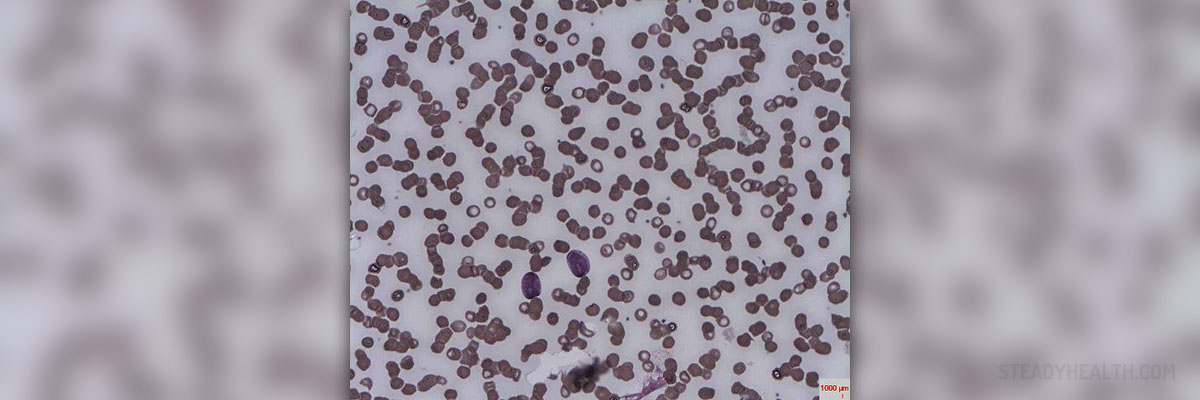
Acute knee pain usually manifests through pain in the knee area, manifesting mostly during walking, jumping, kneeling, lifting objects or climbing. Naturally, doing any kind of sports, especially those which involve aerobic exercises can be impossible to manage, if you suffer from acute knee pain.
Thus, this condition takes place due to excessive stress on the knee joint area. In the long run, this stress triggers the damage which leads to the pain and discomfort. However, in many cases, some other, underlying problem may be behind this painful and troublesome phenomenon. Therefore, it is best to seek medical assistance timely and seek treatment for acute knee pain.
Common Causes of Acute Knee Pain
Quite often, age makes all the difference when it comes to this condition since our body gets weaker as we grow old and our joints, including our knees suffer from the wear and tear process. Also, your doctor may want to take a closer look when it comes to the health of your knee, ruling out injuries or traumas. Additionally, the type of pain felt may contribute to the successful diagnosis. So, your doctor needs to know whether the pain is sudden or gradual and where it comes from.
Signs of Acute Knee Pain
In many cases, acute knee pain leads to a condition known as locked knee where the pain or some sort of a mechanical problem prevent one from bending or straightening the knee. Popping and snapping sounds stemming from the painful area are also common symptoms of acute knee pain.
Next, instability or inability of your knees to carry weight are both signs of this condition. Some people may feel as if there is some grinding action going on in the knee and the area may be swollen.
Other Possible Causes of Acute Knee Pain
First of all, acute knee pain may stem from tendonitis, which is, basically, an inflammation of tendons. Secondly, your meniscus, which is the cartilage protecting your knee, may get hurt or damaged, leading to pain during movements.
Next, people who kneel during their work a lot tend to develop bursitis, which is an inflammation affecting the joints above the kneecap. Arthritis can affect the knee area as well, leading to pain, discomfort and mobility issues. Finally, some people have their uric acid over-accumulated in their knee area. This condition is called gout.
As for the treatment, it can be applied through medications, by anti-inflammatory medications, pain-killers or some other types of drugs. Alternatively, you may need to undergo a surgical procedure in some more severe cases. Wearing knee braces is known to help you greatly. Nevertheless, contacting your doctor is crucial for a successful treatment.


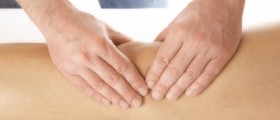


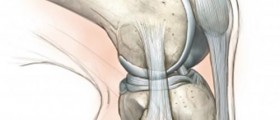
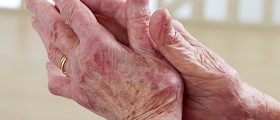


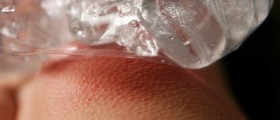
-Symptoms,-Diagnosis,-Treatment_f_280x120.jpg)

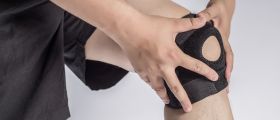
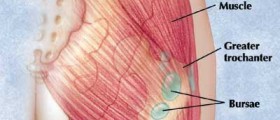



Your thoughts on this
Loading...